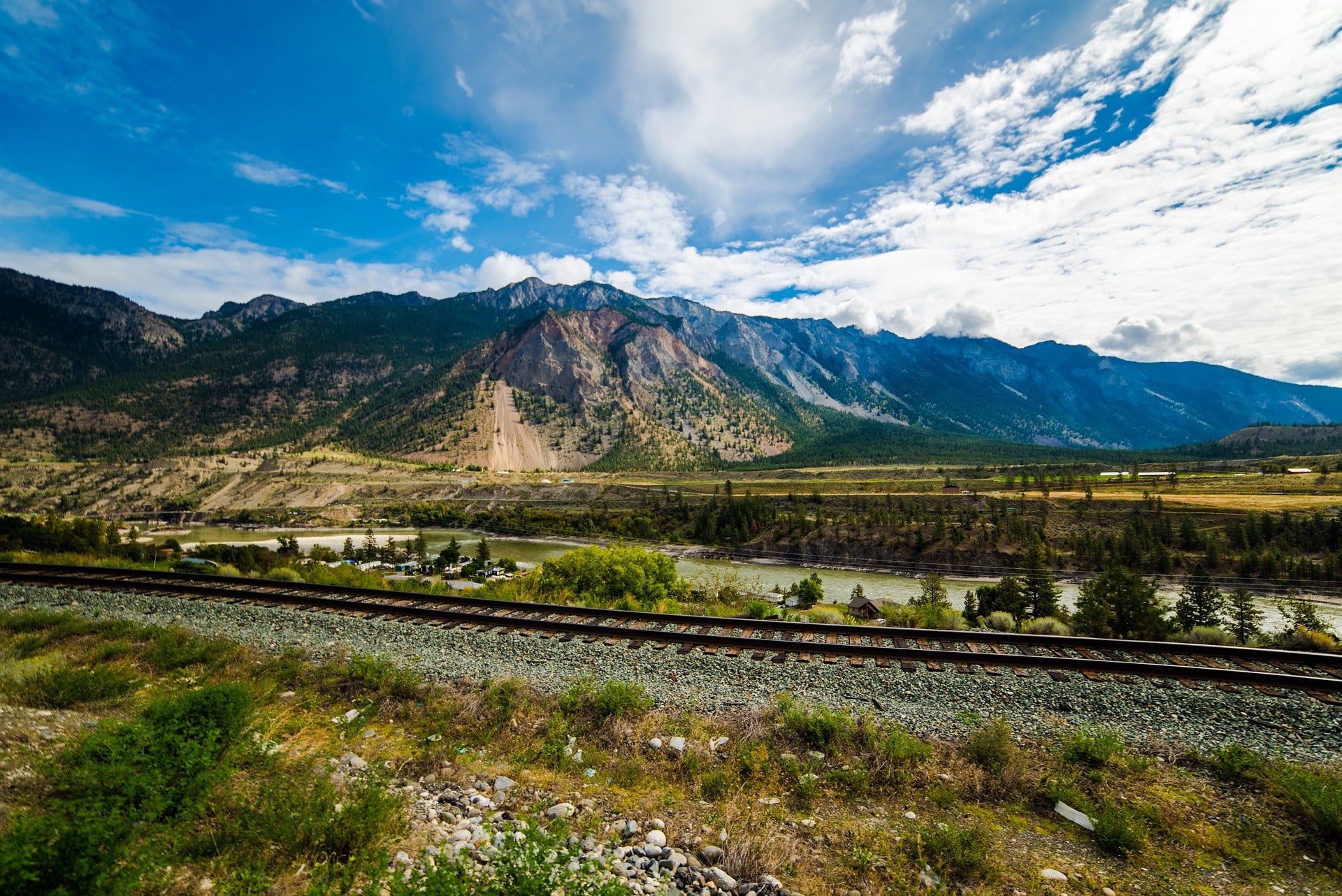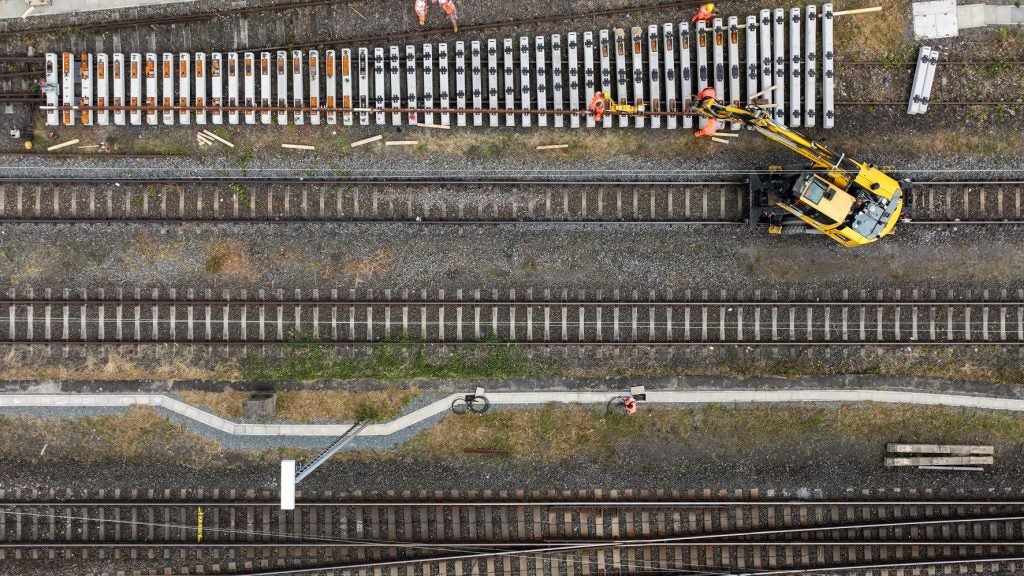
The Government of Canada has issued certain restrictions on rail transport for areas facing high wildfire risks.
The move comes after a blaze destroyed the town of Lytton in British Columbia amid record-high temperatures.
As per the order, Canada’s two key railroad operators, Canadian National Railway (CN) and Canadian Pacific Railway (CP), will be required to boost their prevention efforts against wildfires.
The new rail transport restrictions became effective on 11 July and will continue until 31 October.
Minister of Transport Omar Alghabra said: “Unprecedented weather conditions in British Columbia continue to pose a serious threat to public safety and railway operations.
“The Government of Canada remains committed to supporting those affected by the devastating wildfires in British Columbia and will not hesitate to take any safety actions that are necessary to mitigate these risks to public safety and the integrity of railway tracks and infrastructure.”
How well do you really know your competitors?
Access the most comprehensive Company Profiles on the market, powered by GlobalData. Save hours of research. Gain competitive edge.

Thank you!
Your download email will arrive shortly
Not ready to buy yet? Download a free sample
We are confident about the unique quality of our Company Profiles. However, we want you to make the most beneficial decision for your business, so we offer a free sample that you can download by submitting the below form
By GlobalDataIn parts of the West Coast province that are prone to high fire risk, CN and CP are required to conduct at least ten fire detection patrols every 24 hours and ensure that all combustible materials are removed from the tracks.
They are also required to ask conductors on trains to spot and report fires.
In case of extreme fire risk and outdoor temperature, the trains have been ordered to operate at reduced speeds nationally.
Furthermore, the railroad operators need to deploy fire suppression capacity into their operations to expedite response time to any such incidents.
Several places in Canada have also recorded record temperatures in the last few days following an earlier heat wave that struck at the end of last month.






